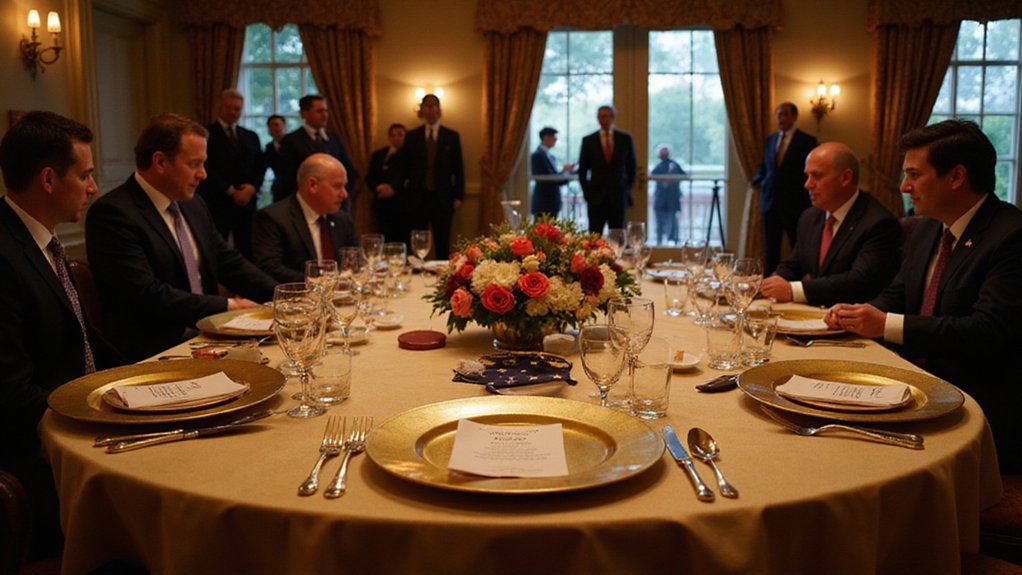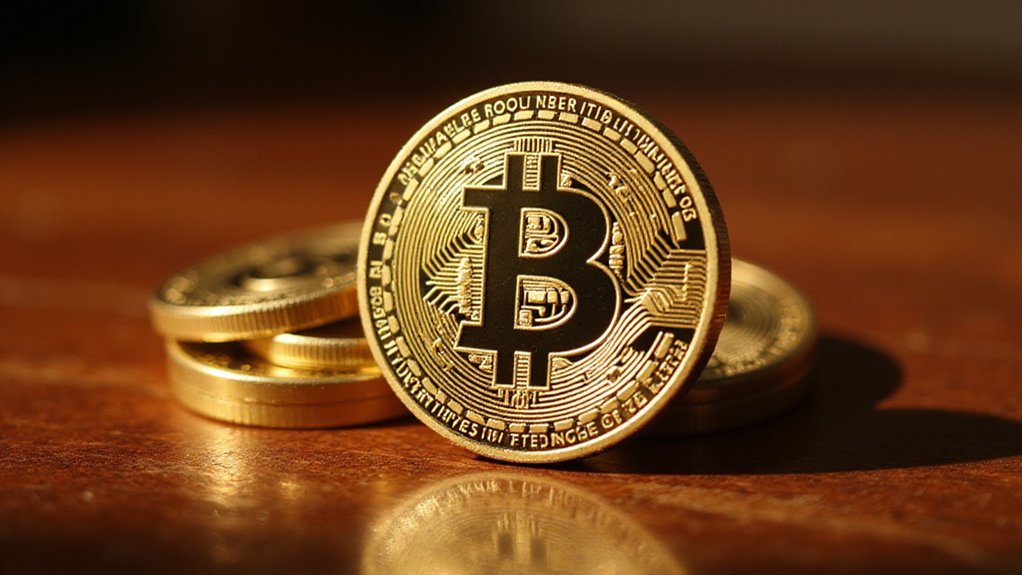In a seismic shift for America’s relationship with digital assets, former President Trump—once a vocal critic of cryptocurrencies—has executed a remarkable policy reversal during his second administration. The watershed moment came with his March 6, 2025 Executive Order establishing a Strategic Bitcoin Reserve, a sovereign wealth repository treating bitcoin as a legitimate U.S. reserve asset alongside gold and foreign currencies.
The Reserve, primarily stocked through Treasury’s criminal and civil asset forfeitures, operates under an unprecedented mandate: HODL, don’t sell. This “diamond hands” approach at the federal level represents a paradigmatic shift in governmental attitudes toward digital assets—particularly for an administration previously skeptical of cryptocurrencies’ fundamental value proposition. The President’s order explicitly states the United States commits to not selling any bitcoin deposited into the reserve.
Complementing this initiative, Trump authorized a broader Digital Asset Stockpile for other confiscated cryptocurrencies, empowering the Treasury Secretary with discretionary stewardship, including potential liquidation strategies. The bifurcated approach—Bitcoin as sacrosanct while altcoins remain expendable—reflects nuanced perspectives within the administration about differing cryptoassets’ long-term viability. The administration has appointed Travis Hill as FDIC acting chairman to prioritize transparent approaches to fintech and digital assets.
The administration’s January executive order further dismantled Biden-era regulatory frameworks, installing crypto-sympathetic leadership across financial agencies. Venture capitalist David Sacks now occupies the newly-created “Crypto and AI Czar” position, heading an interagency Working Group that includes SEC and CFTC chairs alongside Cabinet secretaries.
Market observers note that these moves—particularly the bitcoin reserve—signal institutional acceptance previously unimaginable from a Trump White House. The policy architecture appears designed to position America as the premiere jurisdiction for blockchain innovation while simultaneously buttressing national financial security through strategic crypto accumulation.
The administration’s messaging emphasizes digital supremacy as an economic imperative, leveraging federal resources to accelerate fintech development. This shift aligns with broader industry trends toward tangible utility rather than pure speculation in the cryptocurrency market. What remains unclear is whether this represents genuine ideological evolution or merely political opportunism in the face of surging institutional adoption. Regardless, the implications for America’s financial infrastructure—and global crypto markets—appear both profound and irreversible¹.
¹Assuming, of course, these policies survive inevitable legal challenges from traditional banking interests.









